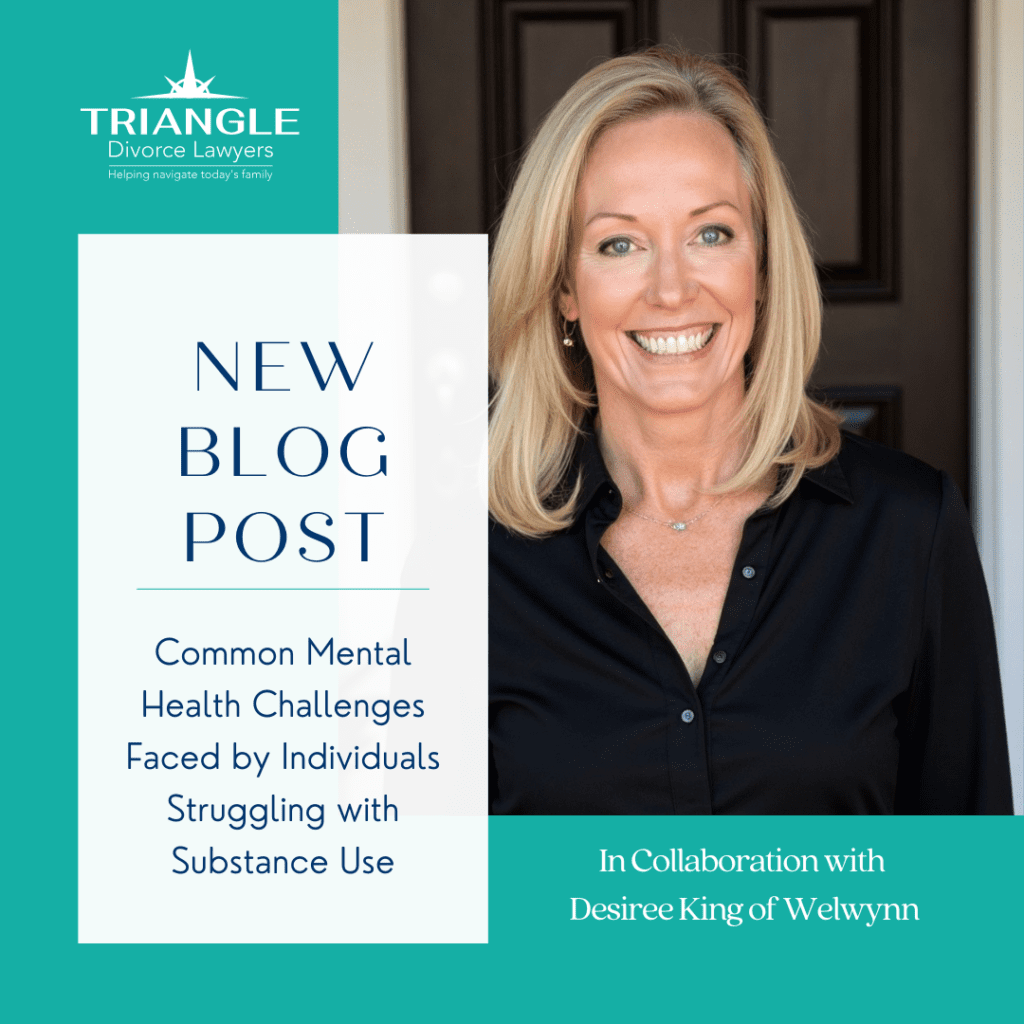Substance use is often accompanied by complex mental health challenges, making the path to recovery a multifaceted journey. According to Desiree King from Welwynn, understanding the mental health disorders that frequently co-occur with substance use is key to providing effective treatment. Some of the most common conditions include depression, anxiety, ADHD, bipolar disorder, personality disorders, and schizophrenia. These issues may either predate substance use or emerge as a consequence, complicating the recovery process and necessitating a holistic approach to care.
The Impact of Substance Use on Family Dynamics
Substance use doesn’t just affect the individual—it reverberates through their family and close relationships. Desiree highlights the emotional toll it can take on loved ones, often causing conflict, mistrust, and unhealthy communication patterns. ‘Family members experience emotions like anger, guilt, shame, and helplessness while trying to support someone struggling with addiction,’ she explains. This can exacerbate family issues, leading to emotional or even physical abuse, neglect, and financial strain. Recognizing these challenges, families are encouraged to seek their own support as they navigate the turbulent waters of substance use.
How to Support a Loved One Battling Substance Use and Mental Health Issues
Supporting someone through the dual challenges of substance use and mental health disorders can be overwhelming, but Desiree offers practical advice:
- Educate Yourself: Understanding addiction and mental health issues is crucial. The more you know, the better equipped you’ll be to provide meaningful support.
- Connect with Support Groups: Organizations like Al-Anon offer a space for families and friends to share experiences and find community with others facing similar situations.
- Attend Family Therapy: Substance use often leads to communication breakdowns and unresolved conflicts. Family therapy can help address these issues and foster healthier relationships.
- Manage Expectations: Recovery is rarely linear. It’s important to prepare for setbacks and keep expectations realistic while remaining supportive.
- Take Care of Yourself: Supporting a loved one is draining, and your own well-being is vital. Make sure to rest, exercise, and seek therapy when necessary.
Tackling the Stigma Around Substance Use and Mental Health
Desiree believes that reducing the stigma associated with substance use and mental health issues begins with education and advocacy. ‘Educate yourself and others about mental illness and addiction,’ she urges. She emphasizes using language that avoids stigma—referring to someone as ‘a person with a substance use disorder’ instead of an addict, for example.
Advocacy can also make a powerful difference. Whether by sharing your story or getting involved with organizations that support people in recovery, small acts of raising awareness contribute to a more understanding and compassionate community. Desiree suggests looking for volunteer opportunities or participating in events that promote awareness and dismantle harmful stereotypes surrounding addiction.





